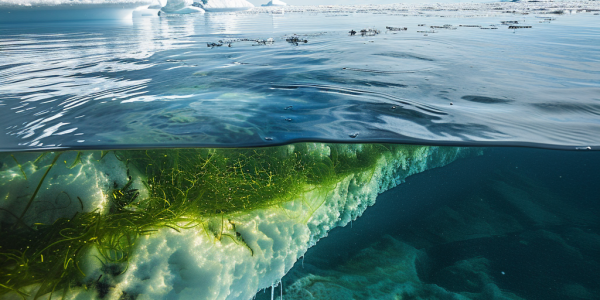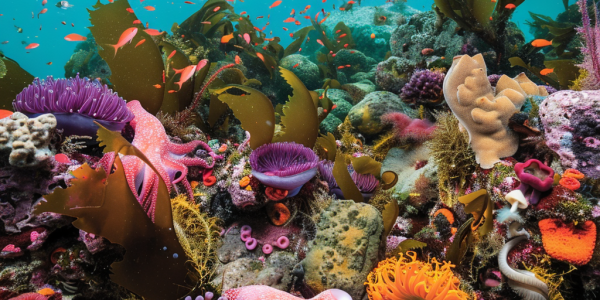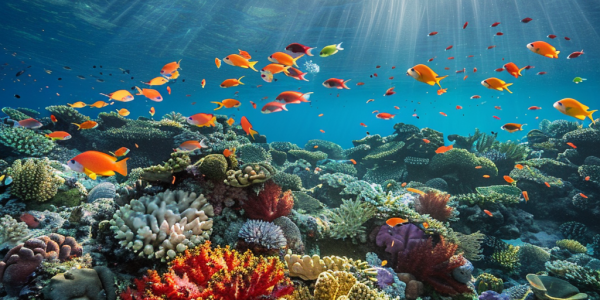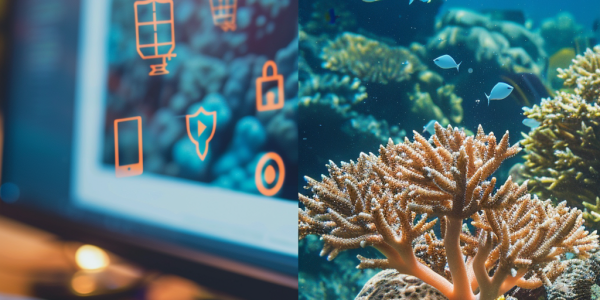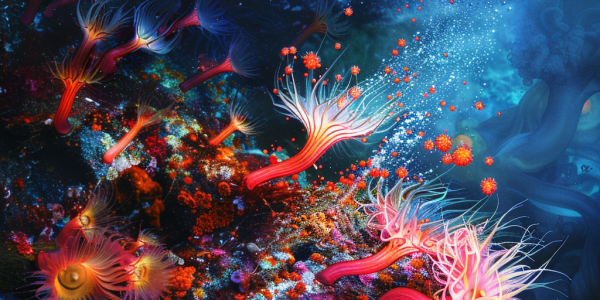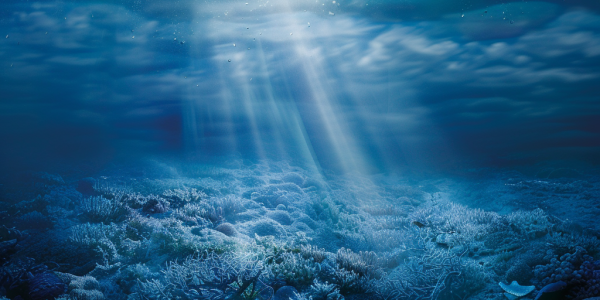Climate Change Threatens Polar Ecosystems: Alarming Decline in Sea Ice Impacts Marine Food Chain
Scientists are sounding the alarm over rapid changes in polar regions, particularly the alarming loss of sea ice, which threatens the marine food chain. With record low levels of Antarctic sea ice and predictions of an ice-free Arctic by 2050, the nutritional quality of crucial microalgae is at risk. Dr. Rebecca Duncan’s research highlights the importance of these ecosystems, emphasizing the need for urgent conservation efforts to address the impacts of climate change on polar marine life.
New Framework Aims to Streamline Biodiversity Credit Markets for Conservation
Ecologists have introduced a groundbreaking framework to enhance biodiversity credit markets, addressing the complexities of defining ‘units of nature.’ With a $700 billion annual funding gap to combat biodiversity loss, the urgency for businesses to engage in nature recovery has intensified. This new analysis, published in the Proceedings of the Royal Society B, highlights the need for standardized measurements in biodiversity credits and aims to create effective compensatory mechanisms for genuine ecological preservation.
Study Reveals Aquatic Organisms as Key Indicators of Environmental Change
A groundbreaking study by the University of South Australia reveals that chemical fingerprints from lesser-known aquatic organisms can serve as vital indicators of historical environmental changes. Led by Dr. Zoe Doubleday, this research highlights the cost-effective potential of using unique chemical signatures from species like sponges and marine mammals to monitor ecosystem health and predict future trends, paving the way for improved conservation strategies amidst climate change.
Multivitamins Show Promise in Coral Reef Conservation
A groundbreaking study reveals that multivitamins may significantly enhance coral reef health and resilience against climate change. Conducted by experts from WHOI and the University of the Virgin Islands, research shows that essential nutrients like manganese and zinc can bolster coral strength, offering new hope for the conservation of these vital marine ecosystems. As coral reefs face threats from rising ocean temperatures and pollution, this innovative approach could pave the way for effective strategies in marine conservation.
Navigating Privacy and Climate Challenges: Data Management and Marine Ecosystems
Explore the critical intersection of data privacy and climate change in our digital age. Learn how cookie management affects personal data and discover the profound implications of climate change on marine ecosystems, particularly the acclimatization of foraminifera. Stay informed and proactive in protecting your privacy and the health of our oceans.
Gophers’ Role in Ecological Recovery After Mount St. Helens Eruption Revealed
A groundbreaking study reveals how gophers significantly aided the ecological recovery of Mount St. Helens after its 1980 eruption. Researchers found that these small mammals, through their natural behaviors, helped restore plant life and enhance soil health, leading to a diverse ecosystem over 40 years. This research underscores the vital role of small creatures in environmental recovery and ecosystem dynamics.
Exploring the Resilience of Tubeworms in Deep-Sea Ecosystems
Discover the fascinating world of tubeworms, extraordinary invertebrates thriving in extreme deep-sea environments near hydrothermal vents and cold seeps. Learn about their unique adaptations, symbiotic relationships with chemosynthetic bacteria, and the critical research efforts by the Bureau of Ocean Energy Management (BOEM) aimed at protecting these vital ecosystems from the impacts of climate change and human activity.
Great Bay Bio Launches Intelligent Drug Development Ecosystem in Suzhou
Great Bay Bio (GBB) launched its Intelligent Drug Development Ecosystem on October 18, 2024, in Suzhou, China, aiming to revolutionize biopharmaceutical development. This innovative system streamlines drug discovery and bioprocess development, addressing industry challenges like high costs and lengthy timelines. Co-founders Mr. Kingsley Leung and Dr. Michael Chen emphasized the ecosystem’s potential to enhance efficiency and collaboration in drug development, paving the way for faster, cost-effective solutions that benefit patients worldwide.
Climate Change Disrupts Ant-Plant Partnerships, Study Finds
A recent study from North Carolina State University reveals that climate change is threatening the vital symbiotic relationships between ants and plants, particularly the interactions involving the tropical shrub Cordia nodosa. Conducted in urban and forest environments across South America, the research highlights how environmental conditions affect ant defense behaviors, emphasizing the need to understand these dynamics to preserve ecosystem health amidst rising temperatures.
Plankton’s Future at Risk Amid Climate Change
Plankton, essential for marine life and the oceanic food web, are facing significant changes due to climate change. Rising global temperatures and ocean acidity threaten their survival, impacting fish populations and global food security. Research highlights the need for deeper understanding and conservation efforts to protect these vital organisms and maintain ecological balance.

